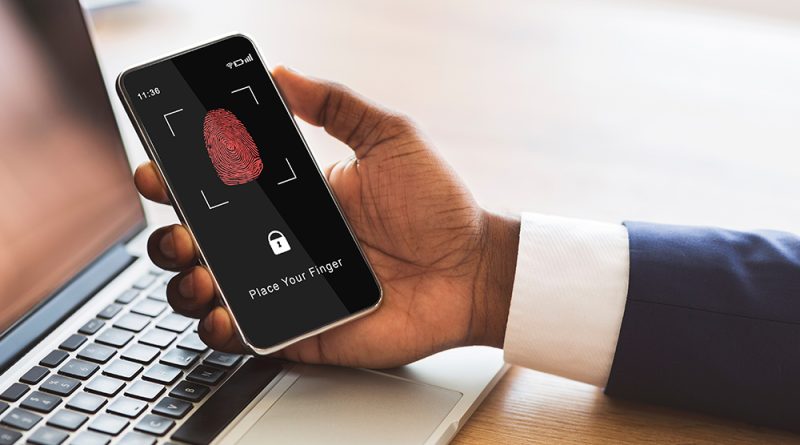The Future of Biometrics in a Zero Trust World: Battling Deepfakes and Ensuring Security
In the era of pervasive cyber threats, the vulnerabilities associated with biometric data are a growing concern. Biometric information, obtained through means ranging from selfies to forged passports, has become a lucrative commodity on the dark web, offering attackers untraceable access to sensitive data. With cybercriminals relentlessly honing their techniques, the creation of synthetic identity fraud is on the rise, posing a significant threat to individuals and organizations alike.
However, current strategies for safeguarding biometric data are proving insufficient. While biometric authentication presents distinct advantages over traditional credential-based methods, concerns about emerging attacks and privacy issues are hindering its widespread adoption, as highlighted by Gartner’s recent study on biometric authentication.
In a recent revelation, Zscaler CEO Jay Chaudhry disclosed a disturbing incident where a deepfake of his voice was used by an attacker to extort funds from the company’s India-based operations. This incident underscores the growing prevalence of deepfake and biometrics-based breach attempts against cybersecurity firms. The Department of Homeland Security has recognized this escalating threat, providing guidelines on countering “Increasing Threats of Deepfake Identities.” As a result, all forms of biometric data have become hot commodities on the dark web, setting the stage for an anticipated surge in biometrics-based attacks in 2024, with corporate leaders as prime targets.
Notably, senior executives, including CEOs, have become primary targets for phishing scams, with nearly one in three falling victim to such attacks. The Ivanti State of Security Preparedness 2023 Report reveals that C-level executives are four times more likely to be victims of phishing compared to their peers, making them ideal targets for biometric and deepfake assaults. The emergence of “whale phishing” has added to the digital epidemic, targeting thousands of companies’ top leadership.
Looking ahead to 2024, there is a growing demand for robust security standards that prioritize security, privacy, device interaction, and enhanced connectivity. Organizations are expected to meet the increasing expectations for universal connectivity on any device while ensuring comprehensive security measures are in place to protect sensitive data.
To address these evolving challenges, Badge Inc. has introduced innovative authentication technology designed to render personal identity information (PII) and biometric credential storage obsolete. This breakthrough has paved the way for strategic alliances, such as the partnership with Okta, aimed at strengthening Identity and Access Management (IAM) for enterprise customers.
Badge’s unique approach eliminates the need for traditional passwords, device redirects, or knowledge-based authentication (KBA). The system allows users to enroll once and authenticate on any device, offering scalability across multiple threat surfaces and devices. Importantly, Badge’s technology ensures the same individual who registered is the one authenticating, without storing sensitive information. Privacy-preserving authentication is central to the platform, enabling secure access to applications across all devices while protecting PII and biometric data from potential breaches.
Badge’s commitment to zero trust principles is evident through its data access minimization strategy, which refrains from storing user secrets or PII, enhancing the least privilege access model. The company’s emphasis on multi-factor authentication (MFA) further strengthens security, allowing users to authenticate using various factors, including biometrics, without the need for hardware tokens or secrets. Badge’s collaborations with industry leaders like Okta and Auth0 underscore its significance in the broader Identity and Access Management landscape.
Furthermore, Badge operates on a cryptographically zero-knowledge basis, ensuring that sensitive data is never entrusted to any party and providing quantum resistance for future-proof security. As organizations seek robust zero-trust architectures, Badge’s technology emerges as a valuable asset for reinforcing security and privacy in both consumer and enterprise use cases. Jeremy Grant, former senior executive advisor at the National Institute of Standards and Technology (NIST), recognizes Badge’s compelling technology as a significant contributor to the zero-trust paradigm.

